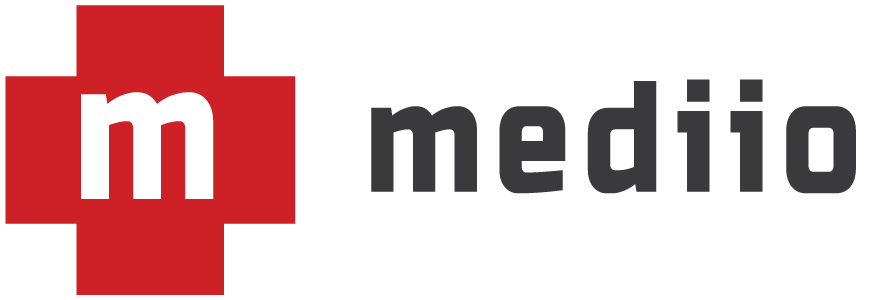Memorization is a frontage road: It runs parallel to the best parts of learning, never intersecting. It’s a detour around all the action, a way of knowing without learning, of answering without understanding.
Far too much of medical education relies on memorization (the bulk of the first two years are memorization) [1]. Lack of understanding in medicine is high stakes. Understanding is requisite to account for the variability inherent in practicing human medicine; it is impossible to teach or experience all permutations of disease presentations and management. Without understanding, doctors might miss a unique presentation, new disease, or a novel treatment.
One solution–open-book tests. When practicing medicine in the ‘real-world’ physicians now have the world’s medical knowledge at their fingertips. Why handicap students and not allow them to practice the vital skills of finding, assessing, and applying knowledge [2]? Additionally, this would force professors to write higher-level questions that must pass the Google Test [3]. Students would learn how to focus on important concepts instead of furiously trying to memorize every word [4].
Not mentioned by Mr Orlin, memorization has the further consequence of squashing creativity. If you only know the pieces but don’t understand how they work together, how can you think of new ways for them to work together? Now more than ever, we need creativity in medicine to solve the most vexing medical problems and ways to efficiently deliver those solutions. Memorization won’t get us there.
[via Ryan Madanick MD]
-
The Krebs Cycle is the classic example. How many medical students are required to memorize the Krebs Cycle? How many practicing physicians can recite the Krebs Cycle from memory? How many use it in their daily practice? Need more evidence? Just look at the proliferation of flashcards and mnemonics in medical education. ↩
-
Javier Benitez MD argues in the this piece that we should be teaching ‘information management’ skills (like finding, assessing, and applying knowledge) in addition to evidence-based medicine. ↩
-
Essentially, if a simple Google search can provide an answer within seconds, then it is not a very high level question. ↩
-
Some students in my class would simply copy the text from a professor’s PowerPoint slide and paste it into an electronic flashcard, with the prompt for the flascard being the title on that PowerPoint slide. Talk about simple memorization… ↩
